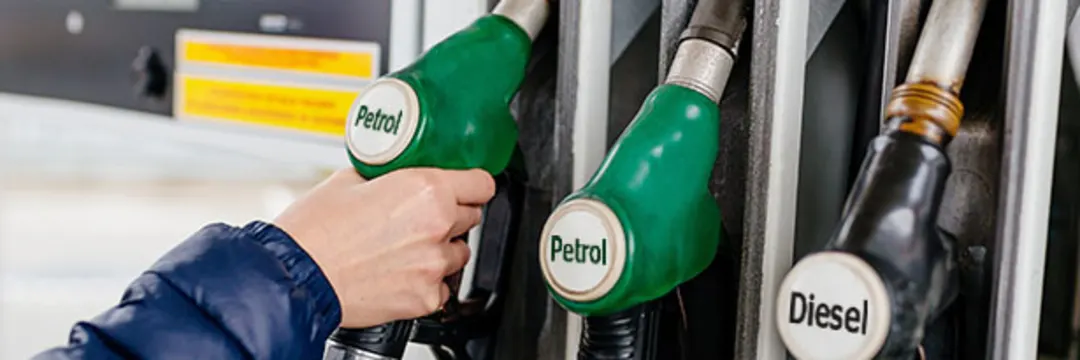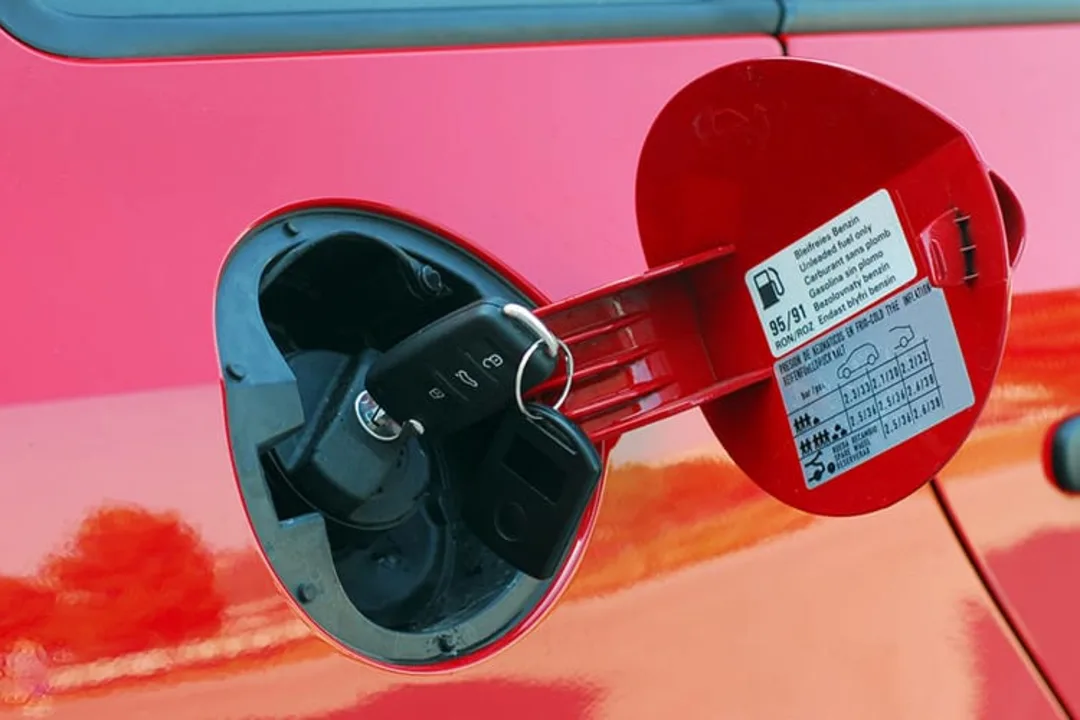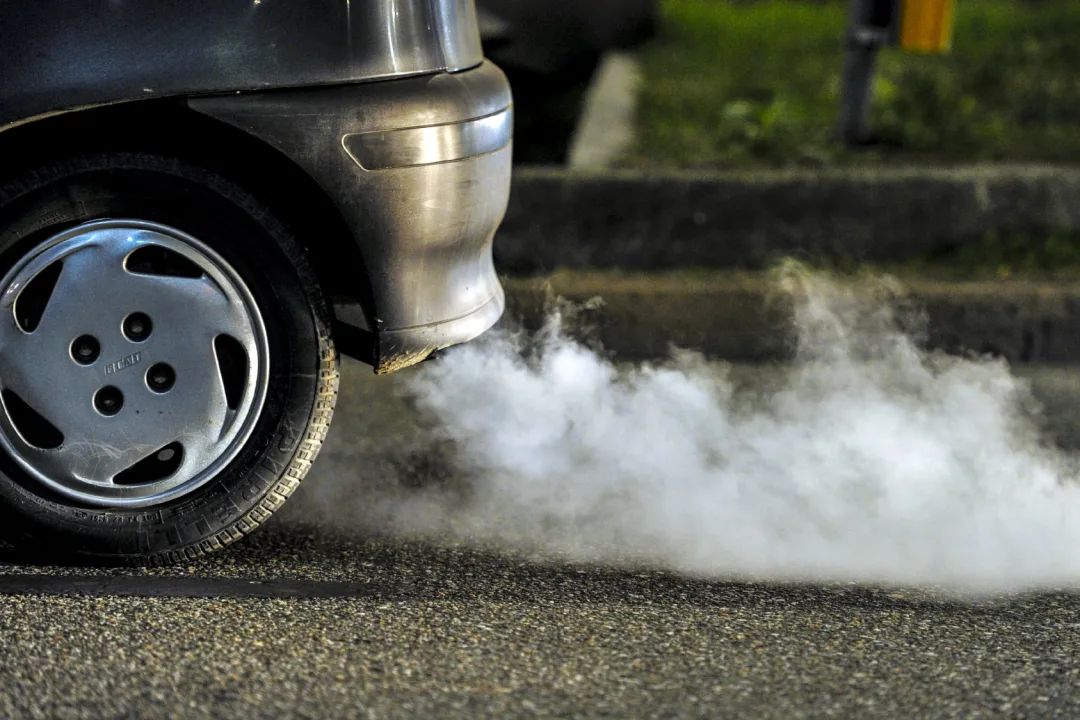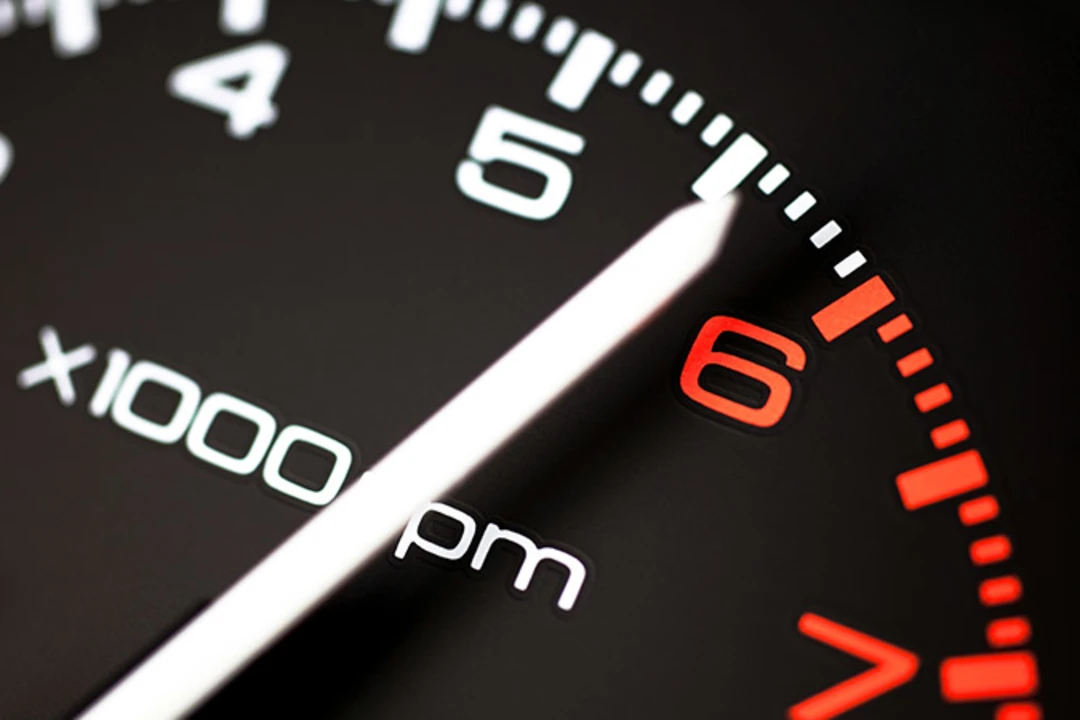
Petrol Vs Diesel - Which is Better?
Posted in Bigbox Service Tips
Published Mon 20 Feb 2023
Petrol Vs Diesel - Which is Better?
If you're looking for a new car, one thing that you may be considering is whether to get a petrol or diesel engine. After all, this can affect your car's fuel economy and driving experience. Here in Australia petrol engines are still the dominant contender in their fleet, however, diesel has certainly narrowed the gap with its enticing benefits.
What are the benefits of each fuel type? Which is the best choice? Let's find out.

Fuel Efficiency
The biggest factor and argument between the two fuel types is the effect that they have on the car's fuel economy. Diesel's are undoubtedly better in this department. In fact they are 30-40 percent more fuel efficient than petrol engines.
This means not only are you saving money on fuel but you save the time spent filling up more frequently at the fuel pump. However, it is important to bear in mind that diesel vehicles are usually more expensive to buy in the first place.
On the plus side though, diesel vehicles seem to hold their value better than petrol vehicles.

Emissions
Another thing worth noting is the diesel emissions and their impact on our health. Diesel engines give out more 'small particulate matter' than a petrol engine does. Since 2009 it has been compulsory for all diesel vehicles to be fitted with diesel particulate filters (DPF) which reduce 80% of the amount of particulate being emitted into the environment. The downside of this is that after a while the DPF builds up particulate matter and requires a 'burn off' or 'regeneration' process where the build up is burned off and cleaned out from the filter.
There are three different types of DPF regeneration methods: 1. Passive Regeneration, 2. Active Regeneration, 3. Forced Regeneration. The method required for your diesel vehicle is dependent on what year and make your vehicle is.Passive Regeneration takes place automatically, with no warning lights coming up on the dashboard. It mainly occurs on highways, when the vehicle speed and exhaust temperature is high. Active Regeneration alerts the driver through the DPF dashboard light that the regeneration process is in progress. Depending on your vehicle, you will need to keep your vehicle over a certain speed and engine RPM until the light has stopped flashing.If the process is interrupted and the regeneration cannot be completed, the ECU will activate ‘Reduced Power Mode’ or ‘Limp Home’ mode. This will limit power to prevent any damage to the engine or exhaust systems. The DPF and Engine warning lights will both come on when the vehicle enters this mode. Forced Regeneration is the measure taken after this occurs. This will limit power to prevent any damage to the engine or exhaust systems. The DPF and Engine warning lights will both come on when the vehicle enters this mode. You can find the correct method for your vehicle in your manufacturer's book.
Not only do diesels emit particulate but they also produce nitrogen dioxide which can cause smog, acid rain and respiratory issues with humans. In 1992 Europe introduced a series of emission regulations for vehicle manufacturers to abide by to help improve the air quality and reduce the level of harmful exhaust emissions such as nitrogen oxide, carbon monoxide, hydrocarbons and particulate matter. Each year this standard becomes tougher and tougher to meet, meaning newer vehicles are now manufactured so well that you can trust that they're safer for you and the environment.
Petrol vehicles, on the other hand, are much more simple. They emit more levels of Co2 (carbon dioxide) than diesel which is the greenhouse gas that contributes to climate change. They do not require any filters to trap small particulates or need to go through a regeneration process.
Overall, petrol has short term benefits and diesel has long term benefits. It's important that diesel vehicle drivers understand how their DPF regeneration method works.

Personal Preferences
At the end of the day it's not really clear that one is better than the other in general. Rather, what's obvious is that one is better than the other for certain driving styles and purposes. Petrol engine vehicles excel at reaching their maximum power at a higher number of revs, making it a much more fun driving experience for those in need of speed.
Diesel engines, on the other hand, excel at torque performance. This basically means giving power to the car at lower revs even with extra weight on or in the car. You will find this particularly useful if you want a vehicle to take four wheel driving or to tow boats and caravans with.
In short this means petrol vehicles are faster at taking off from stand still but diesel vehicles can accelerate faster whilst cruising on the road which is useful in situations like overtaking the car in front.
You will also notice that most petrol vehicles are significantly quieter than older diesels and that their engines don't vibrate as much either, however diesel engine noise has reduced significantly in the last 20 years.
CONCLUSION
Unfortunately there is no clear winner as both engine types have their pros and cons and are better for different purposes. Although diesel vehicles have copped a bad name through stories in the media concerning the impact that their particulates have on our health, most of those cases are to do with older diesel engines. The more modern diesel engines are certainly worth considering especially in regards to the benefit of their fuel economy and performance off-road.

Choose.Buy.Enjoy
A better way to buy and sell used cars.





